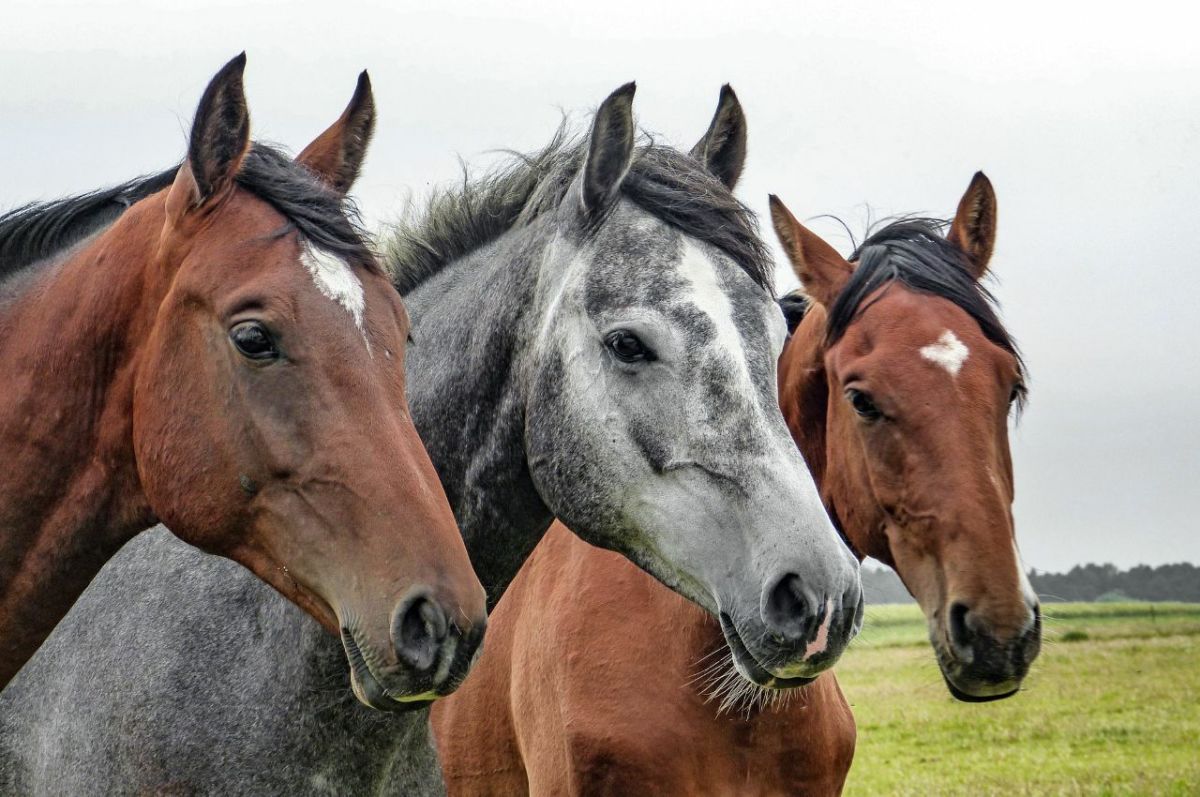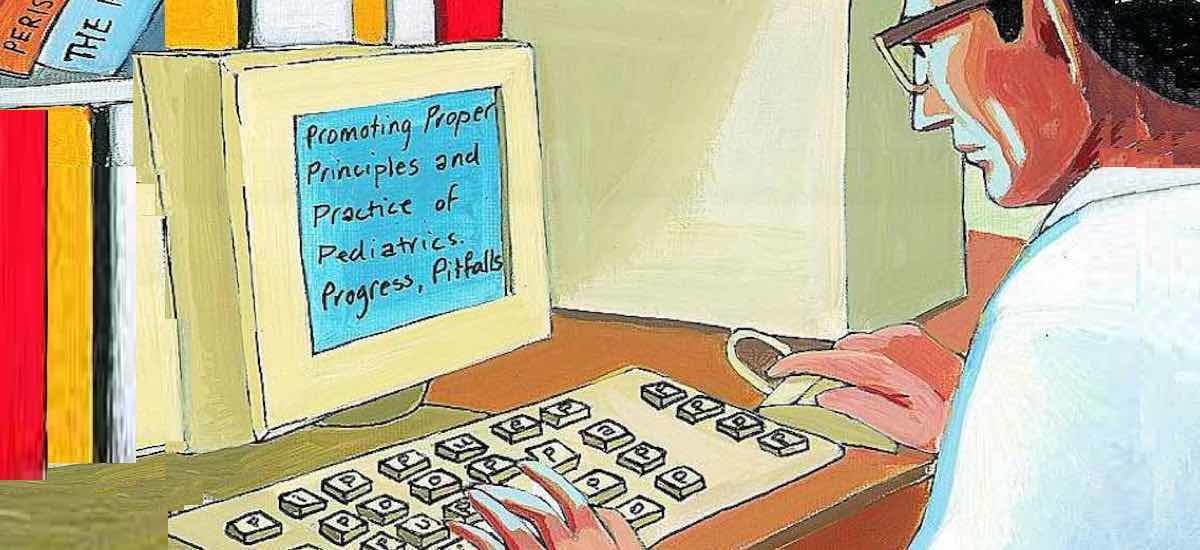English Sayings Explained - Just Who Was Uncle Bob?
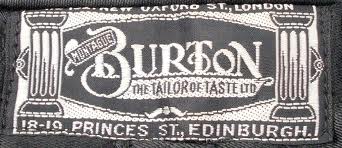
In the English language there are many people used in sayings as references to states of mind and situations. “Bob’s your uncle” and “going for a burton” are common enough expressions but who was Bob and where do you go for a burton? Luck, laws and misfortune have all been laid at the feet of some poor individual but just who was Murphy and what was his law and why is it all over when we say goodnight to Irene?
This explanation demystifies some of these characters who we talk about on a daily basis and that also cause a great deal of confusion when we use their names in front of those who are unaware of their significance.
So, no shit Sherlock, according to Hoyle, this is the full monty on why you should give a sweet Fanny Adams about the people mentioned, so, keep going all the way down because it ain’t over till the fat lady sings.
According to Hoyle - final authority on disputes. Edmond Hoyle, 1672-1769 English barrister and writer. Renowned for his work on formulising and recording the rules for games, especially card games.
Achilles’ heel - a point of weakness or vulnerability. Taken from mythology when Achilles was dipped in the River Styx by his mother, Thetis to make him invulnerable but she missed his heel. He was ultimately killed by being shot with an arrow in the heel by Paris.
As pleased as Punch - Taken from the seaside entertainment, Punch and Judy shows, which in turn came from an Italian story about Polichinello. The exact saying dates from 1797, when the phrase ”Oh! How my fingers itch to pull thy nose! As pleased as Punch, I’d hold it in my gripe” was first used in the story.
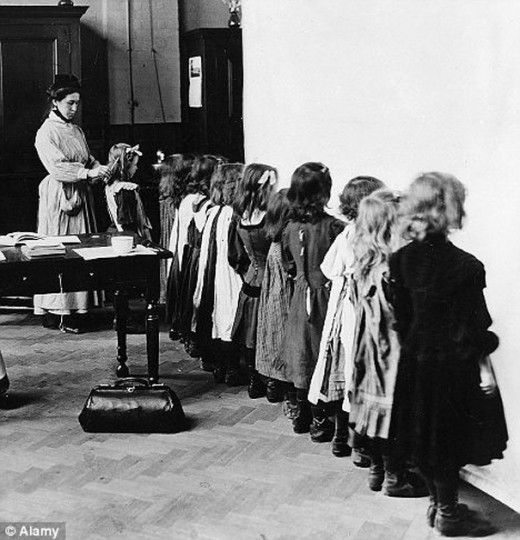
Bloody Nora - an exclamation of surprise or frustration. While not believed to refer to any particular Nora is it thought to be a reference to the bug nurse that would come around the schools to inspect kids hair for lice and nits, known as Nitty Nora.
Bob’s your uncle - Something that is easily solved - Prime minister, Viscount Cranborne’s name - Robert Arthur Talbot Gascoyne-Cecil, 3rd Marquess of Salisbury appointed his nephew Arthur Balfour to a number of political posts. A humours variation is “Robert’s your fathers brother”.
Darby and Joan - A loving elderly couple believed to possibly having been a reference to John and Joan Darby, mentioned by printer Henry Woodfall. They are thought to have lived well into their 80s.
Davey Jones’ Locker - The final resting place of dead sailors. Either St David, the patron saint of sailors, Davy Jones a 16th century landlord who reputedly locked drunken sailors up in a chest, to be press ganged onto ships, or a corruption of the biblical name Jonah, synonymous with bad luck and sailing.
Elvis has left the building - Nothing to see now, leave. First used at an Elvis Presley concert in December 1956 by Horace Logan at the Louisiana Hayride show. Logan’s phrasing was picked up by Al Dvorin in the 70s and a number of live recordings end with the phrase.
The Full Monty - Everything, totally. From the 20th century London tailor, Sir Montague Burton. When ordering a three piece suit, jacket, waistcoat and trousers it was referred to as a Full Monty.
Go like Billy O! - An expression of the extreme. “He ran, like Billy O!” - Two interpretations are often quoted one being the 19th century steam train “Puffing Billy”, the other is the talkative and forceful 17th century, Puritan preacher, Joseph Billio. He was a thunder and damnation preacher who would forcibly hammer home his message. One of the first printed quotes comes in the 1883 Bismarck Tribune from North Dakota and is thought to be a veiled reference to the Devil.
Going for a Burton - disappeared or broken. From a number of sources, one being the tailor, Sir Montague Burton, another being a difficult to use block and tackle called a Spanish Burton
Goodnight Irene - finished, the end. The saying comes from a famous folk song that was very popular. It was first recorded by Leadbelly in the early 20th century, while the most well known version was recorded by “The Weavers” in 1950 and reached number one in the American charts. The song tells the story of a young woman’s life and thoughts of suicide.
Gordon Bennett - Surprise. James Gordon Bennett Jr. playboy son of the founder of the New York Herald. A life of excess and debauchery made him a natural candidate for the surprised utterance.
Hobson’s choice - no choice. Thomas Hobson (1545 - 1631) owner of a stagecoach and horse rental company in Cambridge, UK. He rented horses to the local students but chose the ones they could use himself, so there was no choice.
Horray Henry - an upper class twit or idiot. Although it sounds a typically British turn of phrase, it was first said by the American writer, Damon Runyon in the Collier’s Weekly 1936. "He is without doubt strictly a Hooray Henry, and he is generally figured as nothing but a lob as far as ever doing anything useful in this world is concerned."
In like Flynn - quick or successful, especially in a sexual context. Referring to Australian film star, Errol Flynn who had a great reputation as a ladies man and was often pictured on screen undertaking daring roles.
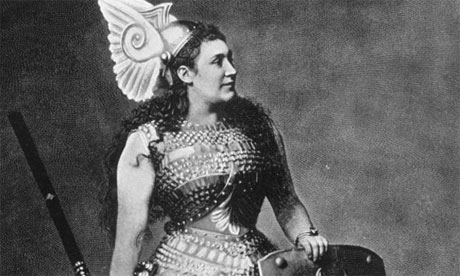
It ain’t over till the Fat Lady sings - Not to presume anything. It is often taken to mean the large, buxom sopranos of Grand Opera and in particular Wagner’s, valkyrie Brunnhilde in the Ring Cycle. The typically curvaceous Brunnhilde sings a twenty minute aria during the Gotterdammerung which concludes at the end of her song. The first recorded use of the line was in the Dallas Morning News on 10th March 1976 when Ralph Carpenter and Bill Morgan discussed a tight, American football match between the Red Raiders and the Aggies.
Jack – There are a number of sayings that mention Jack, such as Jack of all trades, Jack tar and Jack shit but these do not refer to anyone particularly called Jack and it is just a generic name describing a particular activity undertaken by a person.
Keeping up with the Joneses - match or equal your neighbours and living beyond your means. From a fictional family comic strip in the New York Globe in 1913. Created by cartoonist, Arthur R. “Pop” Momand.
Like the Dickens - a lot. As in “That hurts like the Dickens”, this has nothing to do with the author, Charles Dickens but is thought of as a polite way of mentioning Satin.
Life of Riley - the easy life. This is like Sod’s Law in that it does not relate to a specific individual but has been used in more general terms.
The real McCoy - genuine, the real thing. This term could refer to a number of people, boxer, Norman Selby aka Kid McCoy, Elijah McCoy, who built lubricating machines that were much copied in the late 19th century and also the whisky MacKay from 1870. All of which have raised the question, “Is it the real McCoy” During Norman Selby’s time there were a number of people who used his fight name and when one particular person is supposed to have asked him was he was the real McCoy, he punched them to which the responses came “That’s the real McCoy”.

Mickey Finn - a drugged drink causing drowsiness. To slip someone a Mickey Finn is believed to have been derived from the 19th century, Chicago, saloon owner, Mickey Finn. He ran the city’s Lone Star Saloon where it was rumoured that he would oftn pass spiked drinks to customers in order to sedate and rob them.
Moaning Minnie - someone who constantly complains. There are military references that claim it may be the German Minnie mortar from WWI, but more concrete evidence and widespread use of the term appears in WWII. While it is extensively used to describe the shrieking noise made by the German multiple rocket launcher, the Nebelwerfer. Although the more accurate description would apply to the sound made by air raid sirens. These were also known as “moaners” and it would not take much alliteration to create the “moaning minnie”.
Murphy’s Law - a feeling of inevitability, if something can go wrong, it will. Meaning similar to Sod’s Law, and while Sod, Finegal and Riley are not believed to relate to real people most commentators cite Captain Edward A. Murphy as the originator of the saying. He was an aerospace engineer from the 40s and 50s and it was often observed by his colleagues that his experiments had an uncanny knack of going wrong. One of the first mentionings of Murphy’s Law comes in the book “The Making of a Scientist” in 1952 where it is referred to as Murphy’s Fourth Law of Thermodynamics, stating that “If anything can go wrong, it will”.
Mutt and Jeff - deaf. Cockney rhyming slang from around the 1960s , the names were taken from an old comic strip drawn by Bud Fisher from 1907 onwards.
Namby Pamby - childlike and insipid. As in “Don’t be so Namby Pamby”. The phrase refers to the English poet, Ambrose Phillips who whilst acting as tutor to King George I’s children penned a number of child-like poems and verse about them. Alexander Pope, Henry Carey and Jonathan Swift coined the nickname of Namby Pamby for him in reference to the nursery room style of writing he employed.
No way Jose - never. Originated in 1960s America but it’s first recorded use was in the Washington Post in December 1979. Jose probably does not refer to a person but simply rhymes nicely with No way.
No shit Shylock/ Sherlock - Obviously! Both Shylock and Sherlock are used when responding to someone who states the obvious. Shylock is William Shakespeare’s Jewish moneylender in the Merchant of Venice who takes a pound of flesh from Antonio when he reneged on a loan. Sherlock refers to the detective Holmes and his long suffering sidekick Dr Watson, who would likely on many an occasion, throughout Arthur Conan Doyle's novels, have wished to utter this line in desperation.

Nosey Parker - inquisitive or prying. A number of candidates have been put forward but there is no real evidence that there ever was an actual inquisitive person called parker. One theory is that it applied to the employing of park-keepers around London during the 1851 Great Exhibition, to keep and eye on the grounds and that these were known as parkers. Although even this is uncertain as the first reference to nosey Parkers was in 1890.
Peeping Tom - a voyeur. This is taken from the 11th century story of Lady Godiva’s naked ride through the streets of Coventry, UK, to persuade her husband, Lord Leofric to stop taxing the towns folk so harshly. It was agreed by the people of the town not to observe her on the trip, which all duly obliged, save one. Tom, it is said, was immediately struck blind upon looking at naked Lady Godiva. Although Peeping Tom’s part in the story was seemingly added in the 17th century and is probably dubious, the ladies ride through the town was real.
Silly Billy - to be a stupid person. Billy refers to the Prince William Frederick, the second Duke of Gloucester and Edinburgh. In his time, he was known to be a brave but somewhat foolish soldier. Quite what earned him infamy as being stupid is unclear but his name has long been linked with people who carry out something ridiculous.
Sod’s Law - See Murphy’s Law.

Sweet Fanny Adams - nothing at all. The innocent Fanny Adams, an 8 year old murdered in Alton, UK in August 1867 by a 24 year old solicitor, Frederick Baker. It later became to mean Fuck All or F.A. So when asked the question “What are you doing?”, the reply is often “Nothing, sweet Fanny Adams” or “Sweet F.A.”
Uncle Tom Cobley and all - everyone, et al. Often used as an expression of exasperation at the number of people attending a function etc. Uncle Tom was a character in the song "Widecombe Fair" in it there is a lists the people who are going to the fair. "Bill Brewer, Jan Stewer, Peter Gurney, Peter Davy, Dan'l Whiddon, Harry Hawke, Old Uncle Tom Cobley and all". It is not certain whether any of these Devon folk existed but there is a Tom Cobley buried in Spreyton, north of the Devon moors.

